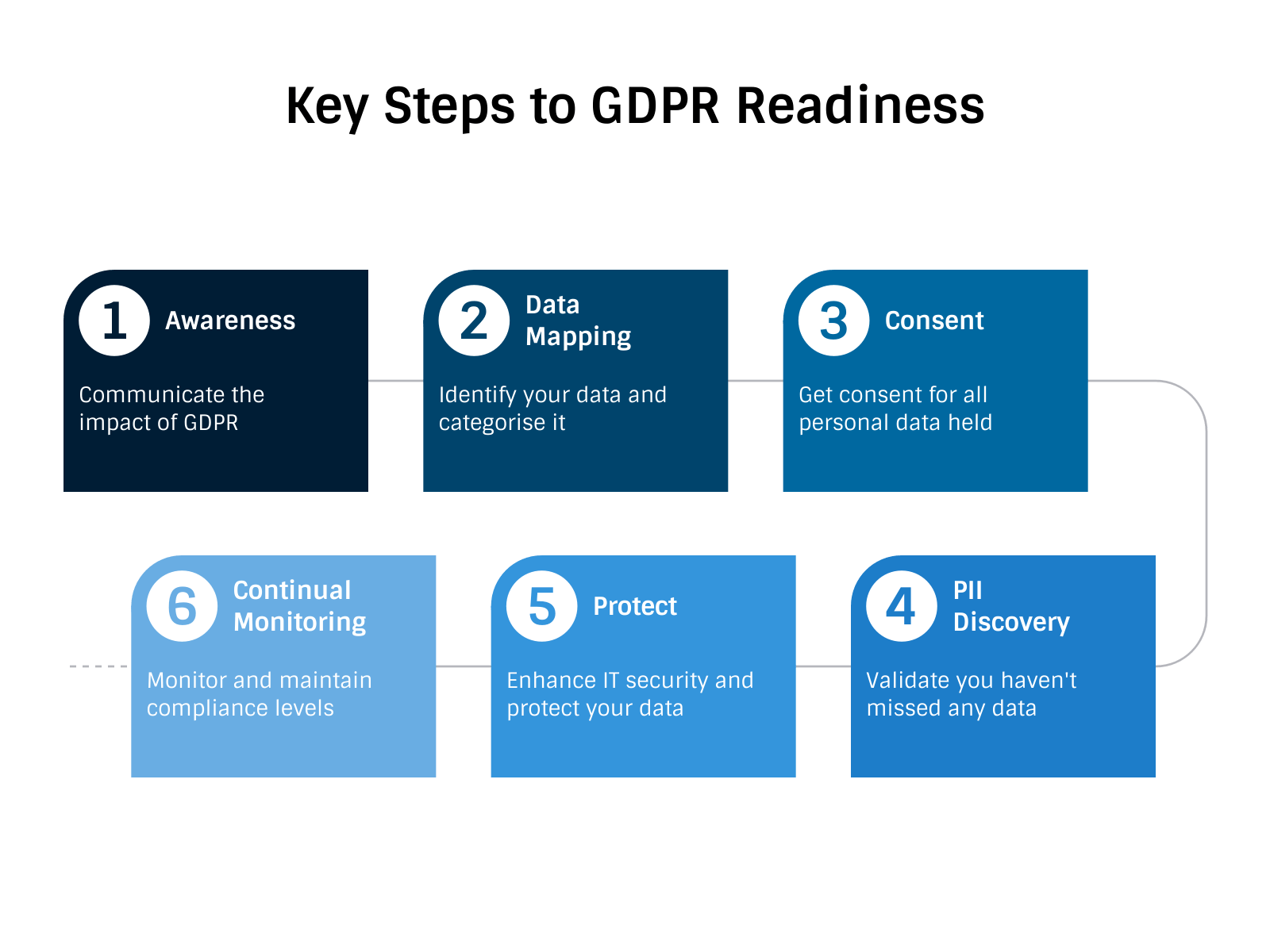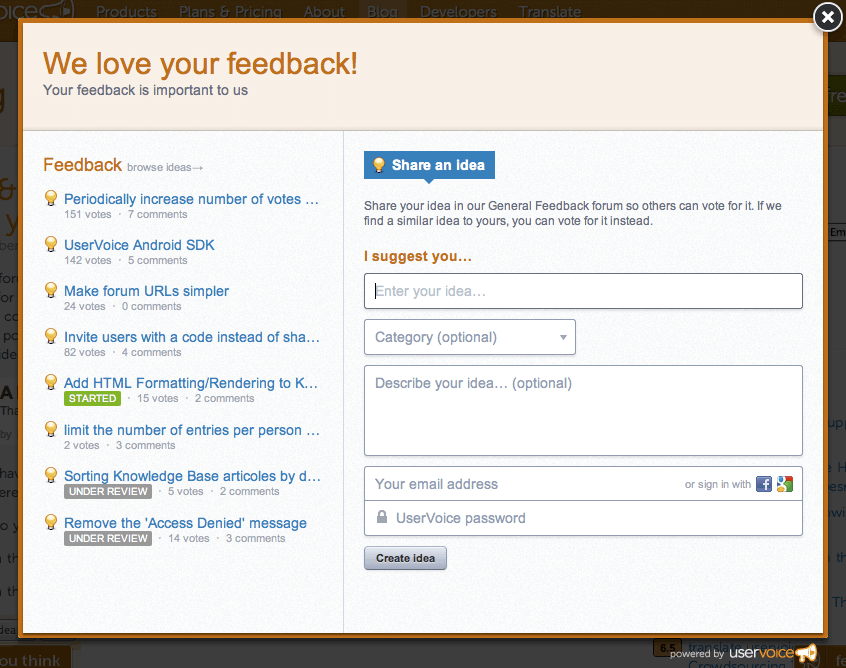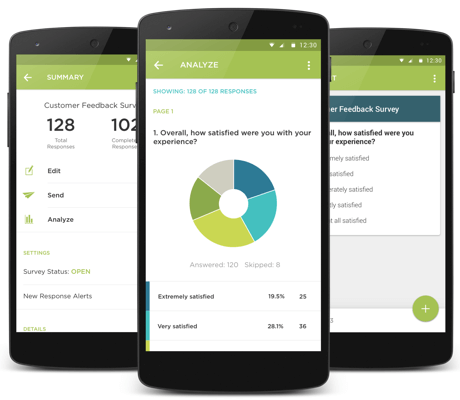What You Should Know Before Developing Your First Mobile App
With the increased availability of intuitive development tools, online reference materials, and how-to videos, more people than ever are creating their own mobile apps. The result is that an individual or an organization with the right idea can find success on Apple and Google’s app stores.
Even with all these advantages, however, the mobile application market is one of the most fiercely competitive marketplaces in modern business. Because of this, there are many factors that a developer should consider before writing even the first line of code.
Market factors can change quickly in tech. Once-universal best practices can fall by the wayside in favor of new ones. Users can be can also be fickle. Failure to cater to their wants and needs can result in a product that could be dead on arrival. Therefore, your app’s success depends on much more than a clever name and a stylish pitch deck.
As a member of the tech industry, I’ve seen firsthand how app creators conceptualize their ideas. They change and adjust them through iterative development, and pull all the elements of their app together for its launch.
And while not every app hits its mark, I’ve noticed the products that succeed are the ones whose creators understand their product. Not just this, but also understanding its environment from the outset of its development.
In this article, I’m going to discuss the critical pieces of information that prospective app creators should know before they start creating mobile applications.
1. Solve Problems for Your Users
I’ve noticed that, when creators approach a company to develop their app, they have built their app concept in a vacuum. In other words, their app is designed to be something they wish they had for a very specific moment or situation. As a result, the idea may not be something a sustainable number of users deal with regularly.
For example, an app that’s used to send a marriage proposal to your significant other is impractical (and probably also very rude). Its also doesn’t really solve any a real problem. However, an app that helps engaged partners save money for their wedding, locate well-reviewed caterers, or schedule reminders for their wedding party does help solve real-world problems.
Successful app creators are very focused on solving problems for their users. They identify common issues or challenges their users encounter and use software to help solve them. Necessity is the mother of invention. However, if the necessity isn’t widely shared, then the invention won’t be used.
Ask yourself these 5 questions:
- What problem does this app solve?
- Who typically experiences this problem?
- How are people solving the problem now?
- Do I have a more efficient way to solve the problem?
- Would those same people be willing to use an app to help them?
Keep in mind that not every app idea has followed this line of questioning. I’ve found, however, that the ones that do tend to have a good sense of self-awareness of how their app will fare in the market.
2. Study Your Competitors
This point can’t be overstated. Mobile software is a vast solution space. No matter how original your idea is, if it’s being executed better by a more established app, your product will be at a disadvantage at its launch. Sure, Facebook and MySpace co-existed at one point in time. But the idea of a “sequel to Facebook” or an “it’s like Facebook, but…” pitch won’t stand up to the scrutiny of users.
Find Problems Others Aren’t Solving
Before you become deeply invested in an idea, consider what other apps are addressing the same core audience you’re trying to capture. Then find the areas they don’t address at all or don’t address well.For example, Facebook might be a nearly universal social platform, but its failure to keep user data private has created an opportunity to capture privacy-minded users.
Smart competitors have identified their closest competitors and have made a conscious effort to address problems other apps overlook.
Finally, they don’t move forward with app ideas that have become oversaturated with too many competitors. Before you commit to developing a project, understand the environment into which it will launch.
3. Focus on Doing One Thing Well
There is a temptation as an app creator to create a “Swiss Army knife” of an app: something that addresses numerous problems of its users and offers an array of features for use. But, much like the iconic knife, an app that tries to do everything typically does not do any one thing better than a dedicated tool would.
Good apps are synonymous with their core functions.
- Venmo quickly and easily transfers money between its users.
- Amazon offers a streamlined online shopping experience.
- YouTube allows users to view and upload videos.
While all of these apps offer additional functionality, they never lose sight of their core functions. To succeed, you should cultivate the same mentality.
Benefits of One Functionality
First and foremost, it keeps the cost of development down. For example, when you’re working with developers for hire, each additional feature of an app adds cost to the bottom line. It also pushes the launch of the app further away. Not only that, but quality assurance must also be conducted on each feature of the app. This will also increase its development time and budget.
Beyond practical considerations, focusing on doing a single thing well will help you hone and polish your app’s purpose and functionality. Again, you should be focused on solving one specific problem for your users. And doing it better than anyone else. By introducing other functions into the app, you are sapping time and energy from ensuring your solution to the problem is the best it can be.
4. Consider the Security of Your Users’ Data
You don’t have to look far these days to see that data security and privacy have become the subject of almost daily headlines. When user data is leaked, hacked, or stolen, thousands or even millions of lives can be affected adversely. Handling the private data of your users comes with a very serious responsibility to them.

The New Normal in Data Security
Securing your users’ data isn’t only a courtesy to them. In 2016, the European Union Parliament passed a set of legally binding protocols and regulations that require companies to store their users’ data securely. The laws, which take effect May 2018, could result in millions of euros in fines for organizations, companies, and governments that don’t comply. This trend is likely to continue with North American and Asian governments as well.
If your app solicits information from its users that can be used to identify them, carefully consider the dangers of storing and processing this data. Payment details, phone numbers, addresses, and other information shouldn’t be collected lightly. If possible, only ask your users for information that will help your app achieve its core function. When it comes to storing and securing your users’ data, the best way to avoid jeopardizing it is to not collect it in the first place.
5. Understand App Monetization Models
Especially when they’re backed by investors, successful app creators are building their app with an eye towards recouping the initial investment. Many app creators are entrepreneurs funding the development of their app out of their own pockets. They must account for every cent spent on the development of their app.
Maintaining a Free App
To attain their return on investment, savvy app creators typically have an idea of how they’re going to generate income from their software. The model of charging upfront for software has largely gone out of style and become untenable. Instead, many apps are downloaded for free, and either feature in-app ads, free trials, or features that can be unlicked for a fee.
With in-app advertising, it’s important to understand your app will need a dedicated base of users in order to be profitable. With this in mind, it pays off, in the long run, to design your app to be as easy-to-use. It should also be as intuitive as possible to maximize its reach. This also rings true for mobile games. These apps rely on in game purchases from their users in order to generate revenue. The earlier in the process you can identify how your app will generate revenue, the better.
6. Don’t Ignore Marketing
Successfully marketing is a science, but successful app creators understand its importance. For example, In the world of mobile MMO games, a publisher might spend a million dollars to develop a game. They may double that amount to successfully market it. Investment in marketing is essential to inform users about your product.
Many app creators work with outside companies or agencies in order to develop a plan to market their software. These agencies typically specialize in marketing mobile applications. They normally have a better success rate than purely organic marketing efforts. Of course, for many app creators, the hourly rates of these companies are more than they can afford.
Thankfully, the tech sector is unique in that it can be disrupted by garage inventors and dorm room programmers. If an idea has merit and novelty, tech publications and investors are quick to seize on and promote it. Still, it’s better to develop your own marketing plan of action than to rely on the chance that a tech influencer happens upon your app and organically promotes it.
7. User Feedback is Crucial
Feedback from real app users is gold for an app’s developers. Most major operating systems, programs, and mobile apps provide a mechanism for users to submit their feedback to the app creators. Your app should too.

Feedback Before you Launch
Even though you are designing the app, it’s the users that will determine if they find the software up to par. For this reason, it’s crucial to provide a way for users to relay their feedback to you. Tools like SurveyMonkey, UserVoice and more can help you gather this information. This information is important, especially while the app is in its alpha or beta versions. With the right feedback and engaged users, you will be able to remedy serious design issues, bugs, and UI problems before the launch of the app.

Feedback After you Launch
Even after your app launches, feedback from your users very well could determine the direction of your application like:
- Your next interface revision
- The next round of content you’ll add to your game
- The price of in-app purchases etc.
The best Silicon Valley companies value user feedback guide their product’s evolution. You should too.
8. Bringing It All Together
Creating a successful mobile application is a challenging enterprise. No matter how well you plan or anticipate the needs of your users, the possibility exists that your software will not be the success you envision it to be. Prepare a coherent plan and understand the factors that will influence your app. This will position you head and shoulders above competitors who fail to do the same.
This article is by no means the definitive guide to getting your app successfully featured in the “Top Downloaded” lists of the Apple or Google app stores. However, by never losing sight of the main considerations raised, you will maximize your chances of success.
The tech industry has proven to be one of the most unpredictable and exciting sectors of the modern economy. Because of grassroots innovators, even major corporations can be given a run for their money by the right individual with the right idea at the right time. Don’t forget this as you embark on your app creation journey.
Was this helpful?